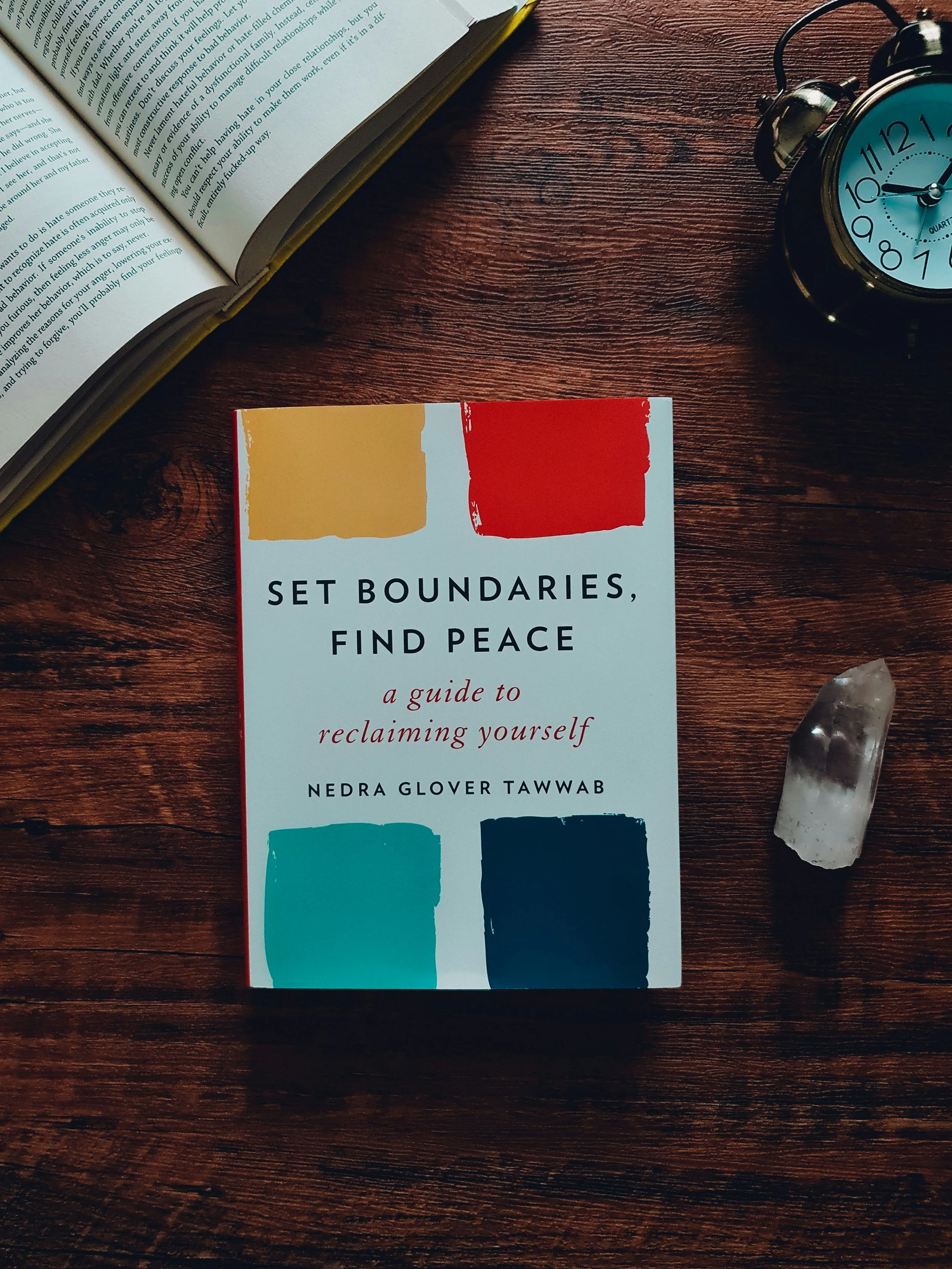Understanding and Overcoming Trauma-Induced People-Pleasing
Ever feel like you have to say yes to everything? Like you’re constantly bending over backward to make others happy, even if it’s at the expense of your own peace? You’re not alone. Many people who’ve experienced trauma or adversity develop people-pleasing tendencies as a way to cope, but the good news is that you can break free from this pattern and reclaim your time, energy, and self-worth.
Why Does People-Pleasing Develop After Trauma?
People-pleasing behaviors often have roots in early life experiences, particularly when trauma is involved. If you’ve survived trauma—whether it was emotional, physical, or something else—your brain might have learned that pleasing others was a way to stay safe.
Maybe you grew up in a chaotic household and found that the best way to avoid conflict or punishment was to always keep others happy. Or perhaps you felt responsible for the emotions of those around you, believing that if they were happy, you were less likely to get hurt.
When trauma happens, it can deeply impact how we perceive relationships and our place in them. People-pleasing is often a survival mechanism—an unconscious attempt to control situations and avoid rejection or conflict. While this might have helped in the past, it can become problematic in adulthood, where it often leads to burnout, resentment, and a loss of self.
The Cost of People-Pleasing
Here’s the thing—when you prioritize everyone else’s needs over your own, you end up feeling drained and unappreciated. Constantly putting others first leaves little room for your own well-being, and over time, it takes a toll on your mental, emotional, and physical health.
Some of the most common effects of people-pleasing include:
Feeling exhausted: You’re constantly giving your energy to others.
Low self-worth: You might struggle with the belief that your needs are less important than others’.
Resentment: Deep down, you may feel angry or frustrated with people who take advantage of your kindness.
Burnout: The endless cycle of overcommitting and undervaluing yourself can lead to complete emotional and physical exhaustion.
How to Break the People-Pleasing Cycle
Overcoming people-pleasing can feel tough, especially when guilt or fear of rejection creeps in. But with a little mindfulness and practice, you can start setting healthy boundaries without feeling like you’re letting people down.
1. Recognize Your Worth
The first step to overcoming people-pleasing is understanding that your needs and feelings matter just as much as anyone else’s. Start practicing self-compassion. Remind yourself that it's okay to take up space and that you don’t need to earn love or approval by overextending yourself.
Brené Brown said it best: “Daring to set boundaries is about having the courage to love ourselves even when we risk disappointing others.”
2. Start Small with Boundaries
If setting boundaries feels intimidating, begin with small steps. Instead of saying yes to everything, start by politely declining things that don’t align with your priorities. For example, if a friend invites you out but you’re exhausted, it’s okay to say, "I’d love to hang out, but I need some rest tonight."
Boundaries don’t need to be harsh or dramatic. They’re simply a way of communicating your limits and protecting your energy. When done with kindness, people often respect them more than you expect.
3. Manage Guilt
Feeling guilty after setting a boundary is normal, especially if you’re used to people-pleasing. But here’s the truth: taking care of yourself is not selfish. It’s self-preservation. The more you practice asserting your needs, the easier it gets, and the less guilt you’ll feel over time.
When guilt arises, try reframing it. Instead of thinking, “I’m being selfish for saying no,” tell yourself, “By saying no, I’m giving myself the energy to say yes to what truly matters.”
4. Identify Your Triggers
What situations tend to bring out your people-pleasing tendencies? Do you feel compelled to make everyone happy in social settings? Or maybe you’re prone to overcommitting at work?
Understanding your triggers can help you prepare. The next time you feel the urge to please, pause and ask yourself, “Is this something I truly want to do, or am I acting out of fear or obligation?” This pause creates space for you to respond in a way that aligns with your needs.
5. Practice Saying No
The word “no” can feel terrifying if you’ve been a people-pleaser your whole life, but learning to say it is a game changer. Start by using polite, but firm, phrases like:
“I don’t have the bandwidth for that right now.”
“Thanks for thinking of me, but I’ll have to pass.”
“I’d love to help, but I’m already committed.”
“I can’t do that, but I can help you find someone who can."
“I can't take on additional responsibilities right now.”
Remember, saying no doesn’t mean you’re rejecting the person—it simply means you’re honoring your own limits. People who respect you will understand and value your honesty.
6. Seek Support
Breaking free from trauma-induced people-pleasing can be challenging, and it’s okay to seek support. Whether it’s through therapy, support groups, or talking to trusted friends, having a safe space to explore your patterns and work through them can be incredibly healing.
I can also recommend the book “Set Boundaries, Find Peace” by Nedra Glover Tawwab. She does an excellent job delving deeper into the topic of setting boundaries without feeling guilt.
You Deserve Peace
People-pleasing may have once been a way to protect yourself, but you deserve more than living for others’ approval. Learning to set boundaries is an act of self-love, and though it can feel uncomfortable at first, it’s one of the most powerful ways to reclaim your energy and build relationships that truly nourish you.
Remember: your needs are valid. You don’t have to overextend yourself to be worthy of love and acceptance. So, the next time you catch yourself saying yes when you really want to say no, take a deep breath and remind yourself—you deserve peace, too.




